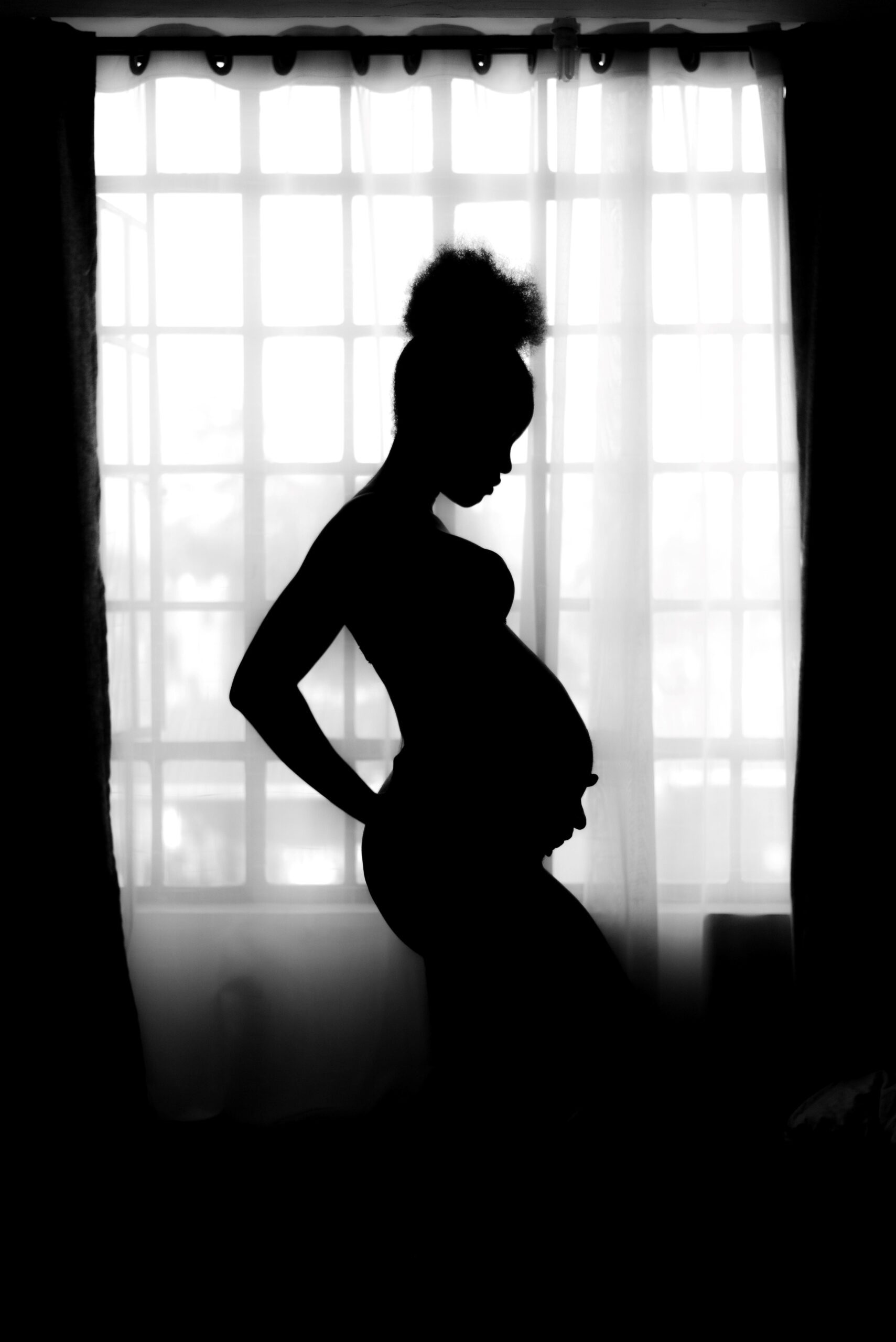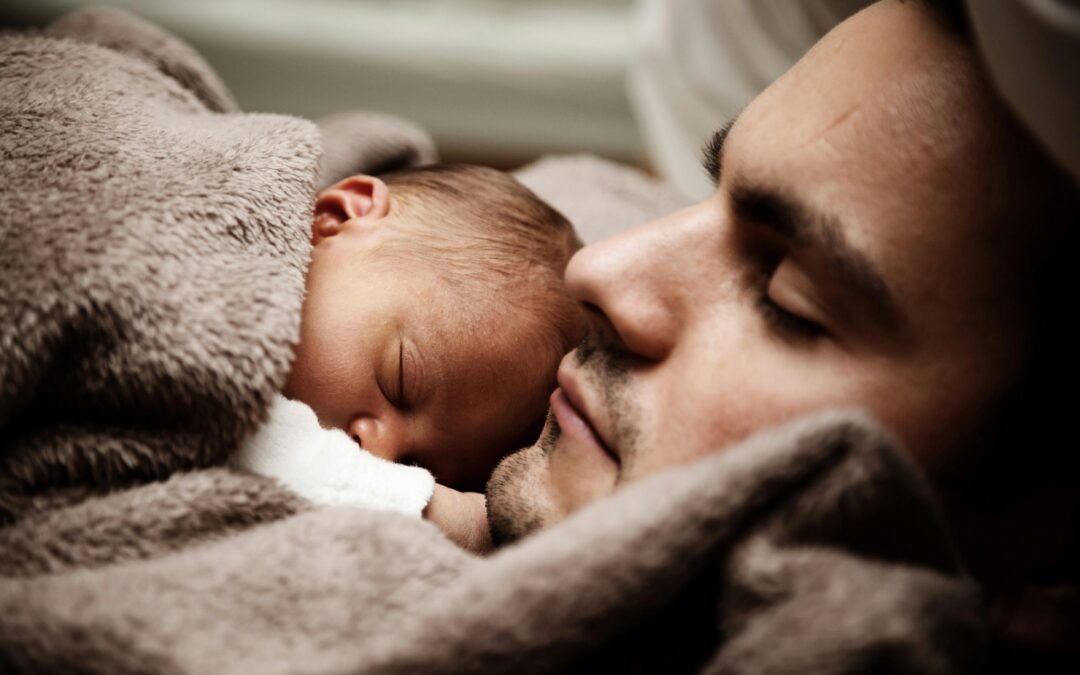An evidence-based evaluation on the effectiveness of acupuncture in improving odds of conception and treatment of infertility concerns
Acupuncture is a type of traditional Chinese medicine that has been practiced for thousands of years. The aim of acupuncture therapy is to restore the flow of Qi energy by stimulating specific acupuncture points throughout the body. Acupuncture has been used for a variety of health issues, including fertility.
Fertility is a major issue for many couples trying to conceive. Conventional fertility treatments can be expensive, invasive and stressful. There has been a recent interest in complementary therapies that can help improve reproductive health. Acupuncture is one of the complementary therapies that has gained popularity, with many claiming it is a safe and effective way of treating fertility-related issues.
Several studies have yielded promising results regarding the effects of acupuncture on fertility. For example, a 2018 systematic review of 22 randomized clinical trials evaluating acupuncture and female infertility showed that acupuncture could improve ovulation, regulate menstrual cycles, and increase the pregnancy rate. Another randomized clinical trial conducted in 2016 found that acupuncture given alongside in vitro fertilization (IVF) significantly improved pregnancy rates as compared to IVF alone.
Acupuncture is believed to help improve fertility by regulating the menstrual cycle, promoting the growth of follicles, and improving blood flow to the reproductive organs. One study found that acupuncture can reduce levels of stress hormones in the body, which can contribute to infertility. Other research suggests that acupuncture can affect the levels of GnRH, a hormone that regulates the menstrual cycle.
Research is continuing to be done to fully understand the impact of acupuncture on fertility both directly and indirectly. Some studies that have suggested benefits of acupuncture have been criticized for their small sample sizes and methodological weaknesses.
Nevertheless, acupuncture is a non-invasive and painless alternative to more invasive fertility treatments such as in-vitro fertilization (IVF) or intrauterine insemination (IUI), making it more appealing to some patients. Additionally, acupuncture is affordable compared to these interventions and offers patients an option to improve their fertility naturally.
The effectiveness of acupuncture for fertility is often attributed to an increase in the production of endorphins and the release of nitric oxide in the body. Endorphins are natural opiates produced in the body, which can help reduce stress, pain, and depression. Nitric oxide is a vasodilator that can improve blood flow to the reproductive organs, allowing for more oxygen and nutrients to reach these areas.
Acupuncture seems to work best in treating subfertility (i.e., fertility problems in which conventional medical treatments have not been effective), rather than infertility. Subfertility can result from hormonal imbalances, PCOS, endometriosis, and other conditions that affect reproductive health. Acupuncture can be particularly effective in treating menstrual disorders, such as irregular or absent periods, that may be affecting fertility. In contrast, infertility is considered when one fails to conceive after 12 months of trying for a baby, and in this case, there may be a need for more severe treatments such as IVF.
In conclusion, acupuncture seems to be a promising non-invasive complementary therapy that can help improve female fertility. While more research is needed to fully understand the impact of acupuncture on fertility, studies have shown that acupuncture can improve ovulation, regulate menstrual cycles, and increase pregnancy rates when used with conventional fertility treatments such as IVF. Acupuncture has patient appeal for being noninvasive and affordable. However, it is important to note that acupuncture is not a cure-all for infertility, and conventional fertility treatments may be needed for those that suffer from infertility. For those struggling to conceive, it is important to speak to healthcare providers to determine the best treatment and supplement approach for their situation.





0 Comments